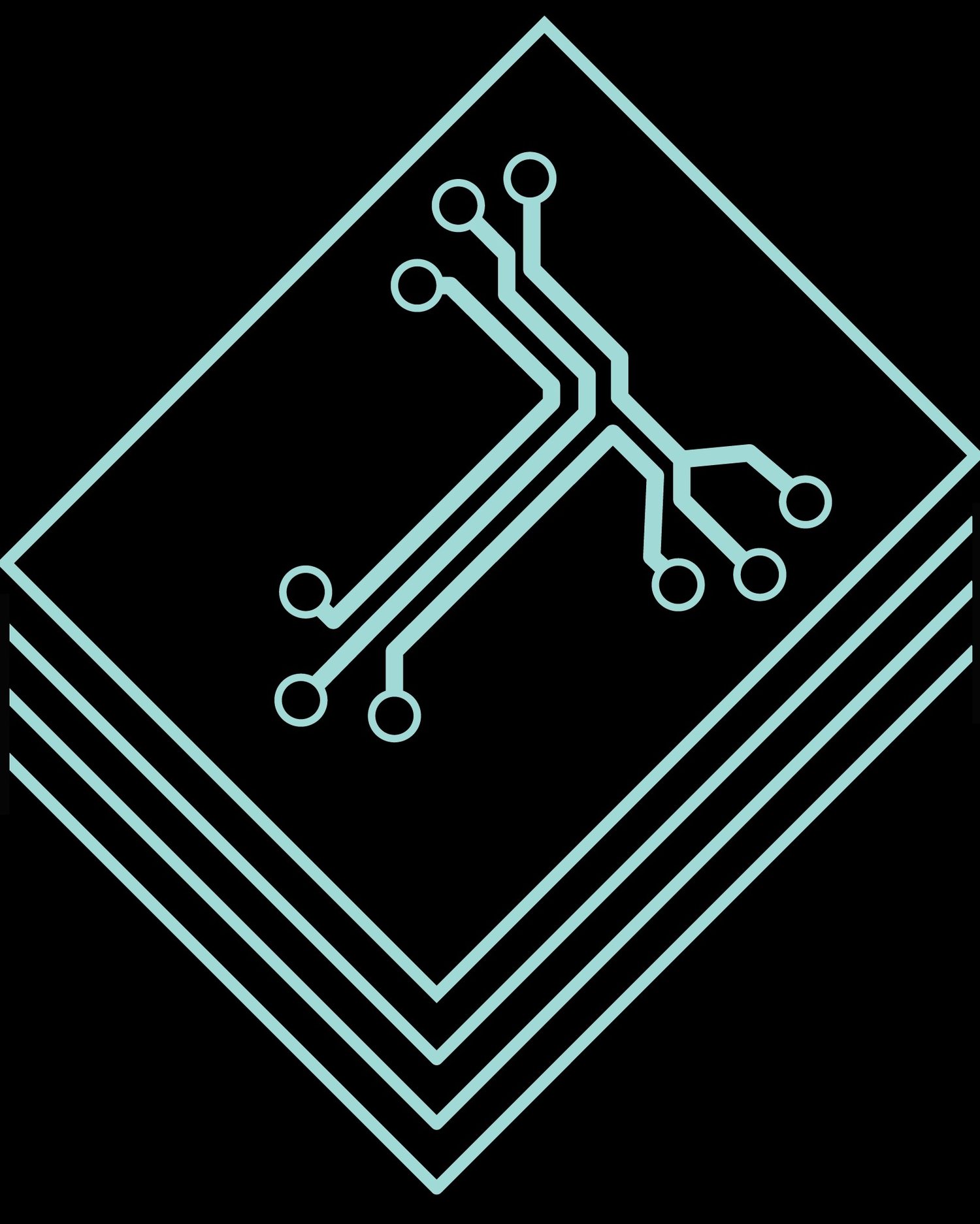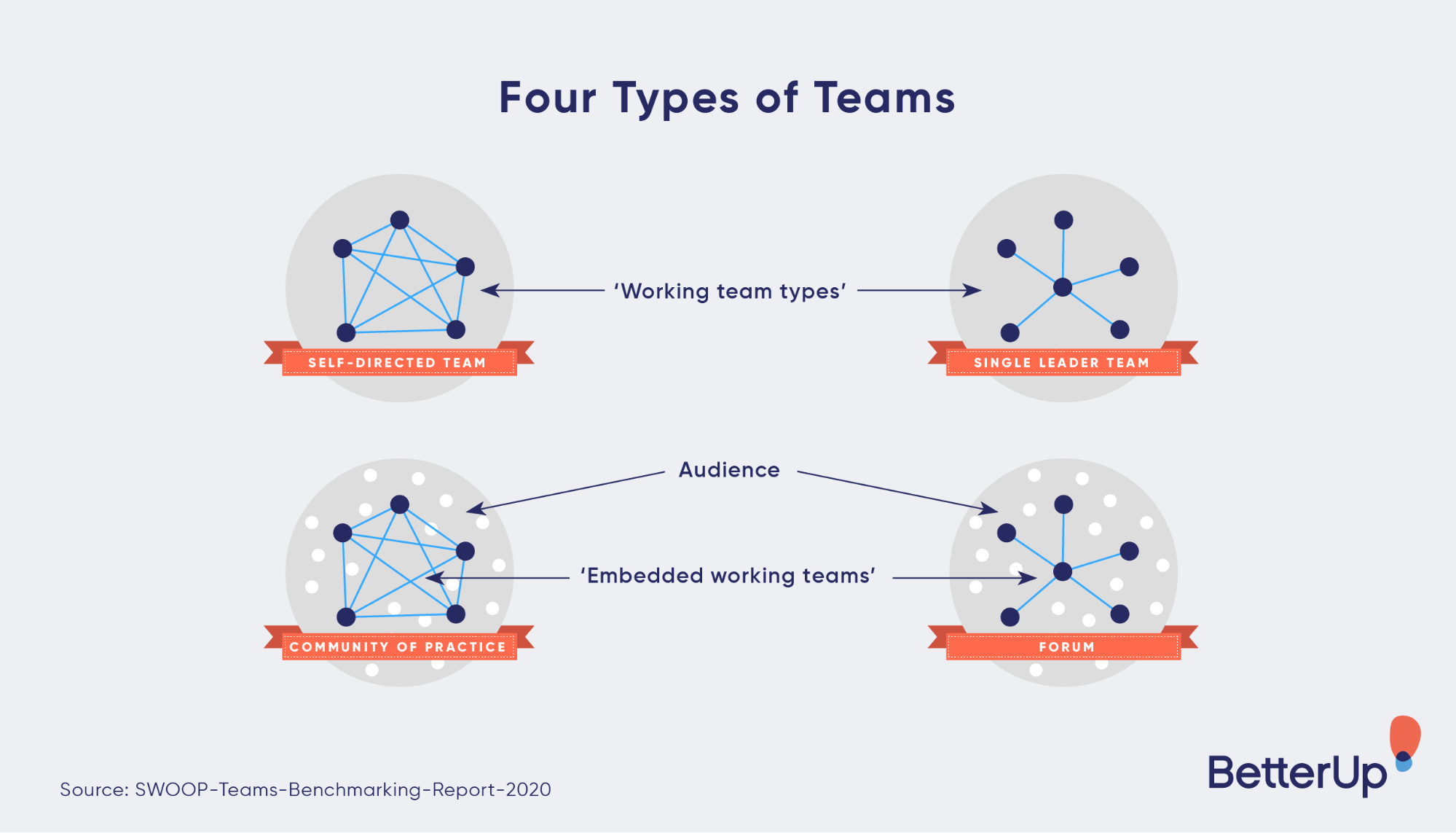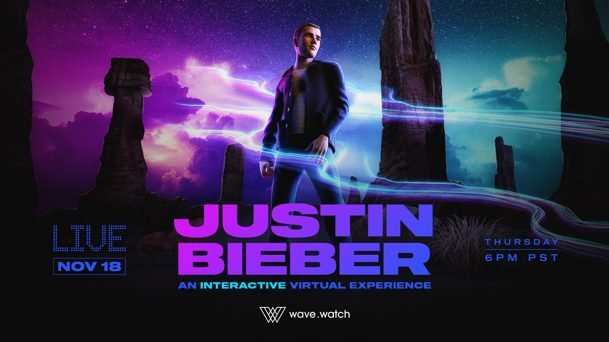This month we check out the futuristic sci-fi war drama, Ender’s Game. While the book is meant for kids, its a quick read and a great story.
Tech Themes
The Metaverse. During Ender's time at Battle School, he interacts with the Mind Game, an individual game reflecting the thoughts and experiences of each person. Later, as he preps for battle, Ender uses a simulator to learn and practice commanding an army of battleships. These experiences in the simulator are completely personalized, driven by a supercomputer that can do whatever it wants to serve up experiences in the game: "You don't understand, sir. Our Battle School computer is only a part of the IF network. lf we want a picture, we have to get a requisition, but if the mind game program determines that the picture is necessary--it can just go take it." These hyper-personalized mind game experiences are similar to the latest ideas surrounding the Metaverse. The Metaverse is an unclear vision of cyberspace where individuals can interact in virtual reality, mixed reality, or augmented reality in a new computing paradigm. Facebook was so excited about the Metaverse that the company announced it was going to invest $10B in building out its virtual reality platform and changed its name to Meta Platforms, Inc. Matthew Ball has covered the Metaverse since 2018 and has penned his own definition: "The Metaverse is a massively scaled and interoperable network of real-time rendered 3D virtual worlds which can be experienced synchronously and persistently by an effectively unlimited number of users with an individual sense of presence, and with continuity of data, such as identity, history, entitlements, objects, communications, and payments." This is reminiscent of the world we explored in our September 2019 book, Ready Player One, and somewhat similar to the 1990s promise of the information superhighway. It will be interesting to see how the Metaverse develops in the coming years.
Anonymity on the Internet. As Ender continues his training at Battle School, Peter and Valentine hatch a plot to create division throughout the world. The two decide the best way to take over the world as young, intelligent children is to write blog posts under a pseudonym and gain a mass following, eventually exercising their political influence. To avoid suspicion, Peter and Valentine switch emotional positions and take on the roles of historical figures aligning with their viewpoints. Peter becomes John Locke, a liberal philosopher, and inventor of the Social Contract, while Valentine becomes Demosthenes, an Athenian hellbent on inciting a war against Macedonia. While the idea of two teenage children starting war by writing on the internet is comical now, the specter might have been possible in the pre-mass internet era of 1985, the year Ender was published. This also raises the contentious shield of anonymity offered by the internet. While some argue that complete anonymity could mean the end of rational society, others say that anonymity must be preserved. This concept of anonymity is extended further in the over-hyped decentralized, crypto/web3 world of the future, where 15-word recovery phrases might become the norm for ultimate secrecy. Internet security and anonymity are likely to evolve if we move to a decentralized computing world - whether this is good or bad remains a matter of view.
Technology and Governments. The International Force (IF) is a space army designed by the world to fight against the evil Buggers. The surprising thing about this International Force is how it unifies different governments: "Val, it was bound to happen. Right now there's a vast international fleet and army in existence, with American hegemony. When the bugger wars are over, all that power will vanish, because it's all built on fear of the buggers. And suddenly we'll look around and discover that all the old alliances are gone, dead and gone, except one, the Warsaw Pact." The Warsaw Pact was the agreement between the Soviet Union and several neighboring states following the creation of NATO. Funnily enough, the Warsaw Pact disbanded in 1991 with the fall of the Soviet Union, six years following the publication of Ender's Game. After Ender defeats the Buggers, the world immediately descends into political chaos until Peter comes to power. A once unified world with incredible technology like real-time technological communication through the Ansible is now torn apart by politics. These events bring up the broader role of government in the technological landscape. As we saw earlier this year, global non-US tech superpowers like Bytedance (owner of Tiktok) can cause immense political tension. Furthermore, companies like Taiwan Semiconductor (TSMC), that offer a unique product in a politically contentious region can even provoke the potential for war. Technology enables globalization while also raising the question of who owns non-physical products - the government, a company, or the world?
Business Themes
Lonely at the Top. Card paints a world where the entire universe's future lies on children's shoulders. Ender becomes commander of the International Fleet, put in the challenging position as leader of older kids. He has to generate empathy while maintaining command. But Ender is just an intelligent child, and throughout the book, he finds himself in bad situations. He eventually grows to be the leader of his launch group and then the leader of his own Dragon Army. As Ender gains in stature, he loses touch with his friends. In one instance, he fears battle school enemies might jump him in the hallway and chastises Petra when she asks him to chat: "'Petra, if you had actually taken me aside just now, there are about a dozen boys following along who would have taken me in the corridor. Can you tell me you didn't notice them?' Suddenly her face flushed. "No. I didn't. How can you think I did? Don't you know who your friends are?" Many CEOs describe that the job can be lonely because you are naturally the final decision-maker. Even as a young child, Ender was forced to become a leader and suffered the mental instability of the job.
Sending a Message. The IF chooses Ender because he is a mix of his two siblings, Peter, who represents extreme violence, and Valentine, who represents empathy. Violence is a recurring theme throughout the book - personal violence between individuals, violence between nations, and violence between civilizations (humans and buggers). In two dramatic sequences, older boys try to corner an unsuspecting Ender. Ender uses his brains to evade an attack but severely injures the attacker to send a message: "They were all wondering if he was dead. Ender, however, was trying to figure out a way to forestall vengeance. To keep them from taking him in a pack tomorrow. I have to win this now, and for all time, or I'll fight it every day and it will get worse and worse. Ender knew the unspoken rules of manly warfare, even though he was only six." Ender thought he needed to message all of his potential attackers. However, these beatings weigh on him constantly, and he spends the rest of his life regretting them. The violent nature of these attacks is reprehensible and difficult to compare to the business world. But it does raise how some executives act with emotion to humiliate or denigrate employees. Recently the CEO of online mortgage startup Better.com fired 900 people over a zoom video call. Beyond the act, the message it sends to employees is even worse. These events can follow executives, with media coverage continuing for over five years after the event itself. Actions send messages. They should be taken with caution when emotion or retaliation is involved.
Self-Managed Teams. Ender is a tactical magician and completely changes the Battle Game. Ender's approach is novel: "He had the army drill in eight-man toon maneuvers and four-man half-toons, so that at a single command, his army could be assigned as many as ten separate maneuvers and carry them out at once. No army had ever fragmented itself like that before, but Ender was not planning to do anything that had been done before, either. Most armies practiced mass maneuvers, performed strategies. Ender had none. Instead, he trained his toon leaders to use their small units effectively in achieving limited goals. Unsupported, alone, on their own initiative." This approach is called Self-Managed Teams. The autonomy offered by allowing individuals to manage themselves gives extreme ownership to employees. Self-Managed teams work well in places with repeated work, where employees trust each other and have high self-awareness. This exciting concept has worked well in several businesses, including Facebook and Google.


